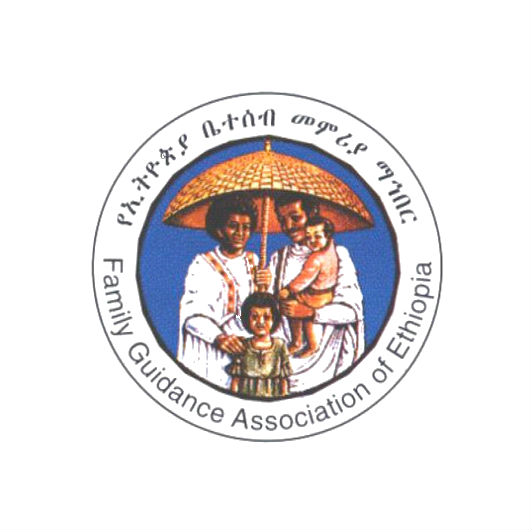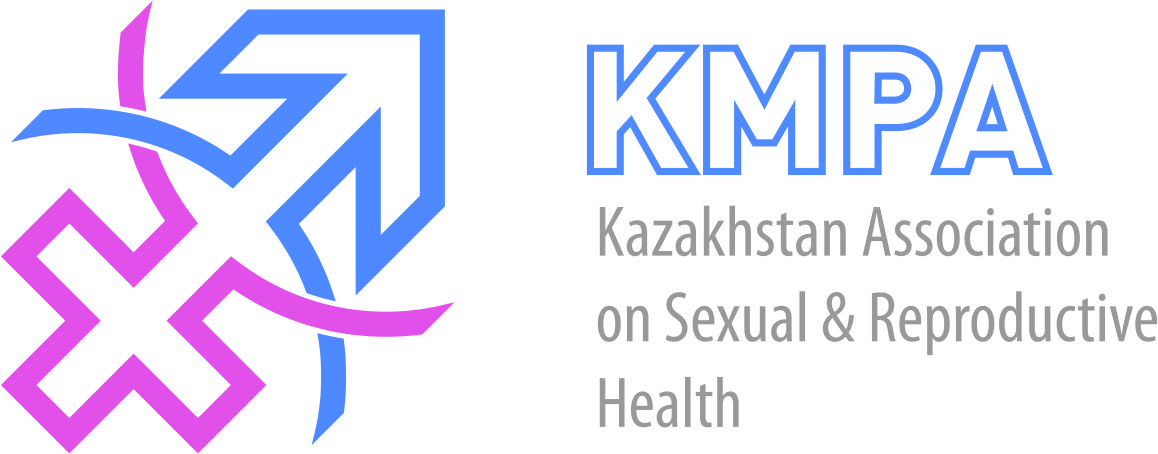

| 31 March 2016
Family Guidance Association of Ethiopia
Ethiopia, the second most populous country in Africa, and the tenth most populous in the world, has enormous sexual and reproductive health (SRH) challenges as the statistics demonstrate. The Family Guidance Association of Ethiopia (FGAE) celebrated its 50th anniversary in 2015. It has a broad reach which focuses on providing poor and marginalized populations with family planning, safe abortion care, maternal and child health care, prevention and treatment of sexually transmitted diseases (STIs) including HIV and AIDS and associated opportunistic infections. In the shape of permanent clinics, mobile facilities, community-based services (CBSs), FGAE has numerous service points. Staff, backed by over thousands volunteers, hundreds of peer educators and of community-based distributors (CBDs). There’s no disguising the fact that achieving proper SRH amongst the Ethiopian people is an exhausting uphill struggle. FGAE has the will, the determination and the backing to fight for people’s rights and welfare. Access is key to the Member Association’s activity, and it works extensively with young people to inform, educate and provide essential SRH services. FGAE also runs special projects targeted at particularly vulnerable individuals and groups: street children, people living with HIV and AIDS, sex workers, and young migrants in 8 of the 11 principal Regions in Ethiopia. FGAE partners with government, with non-governmental organisations(NGOs) including the Ministry of Health, the Ministry of Women, Children and Youth, UNFPA-Ethiopia, CARE-Ethiopia, DKT-Ethiopia, Dawn of Hope, the Ethiopian Women’s Lawyer Association, and a broad spectrum of HIV and AIDS-related operations. Private sector partners include Betezata Hospital and Janmeda/medical bio laboratories, and donors to the Member Association’s work include the Royal Netherlands Embassy, the Packard Foundation, IPPF’s Japan Trust Fund, USAID/CDC and Irish Aid. Website: www.fgaeet.org

| 31 March 2016
Kazakhstan Association on Sexual and Reproductive Health
The Kazakhstan Association for Sex and Reproductive Health (KMPA) was established in 1997, in close collaboration with other IPPF Member Associations in central Asia, including those in Kyrgyzstan, Tajikistan and Uzbekistan. The organization currently has 13 branches and 2 regional offices, in Kostanay and Astana. KMPA’s outlets are all fully equipped to deliver contraceptive advice and services and antenatal and post-natal care. The organization trains trainers in sexual and reproductive health (SRH) teaching, education and awareness raising, covering the full range of SRH concerns including unwanted pregnancy, sexually transmitted infections (STIs) (including HIV and AIDS), contraception and abortion. KMPA is particularly focused on the sexual and reproductive health and rights (SRHR) of refugees, internally displaced persons (IDPs) and other migrants, and the prevalence of trafficking women and children. KMPA was a major contributor to the International Organization of Migration’s (IOM’s) national information campaign to prevent trafficking. This campaign seeks to raise awareness of the risks associated with the trade. Both with regard to SRHR and trafficking, KMPA has organized information campaigns involving the publication and dissemination of handouts, press releases and articles, the creation and management of an SRH hotline, and the provision of training courses for non-governmental organizations and government officials.







